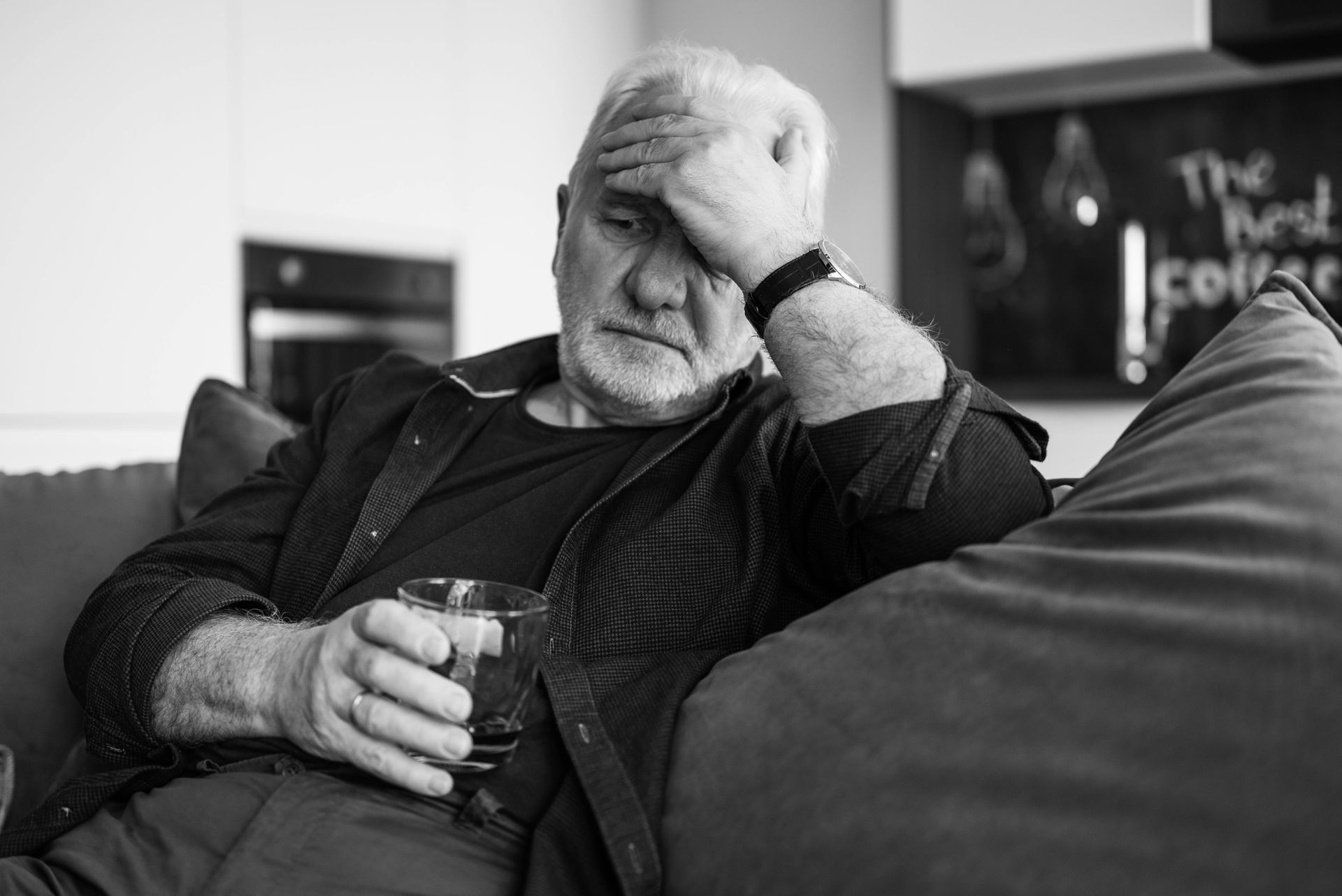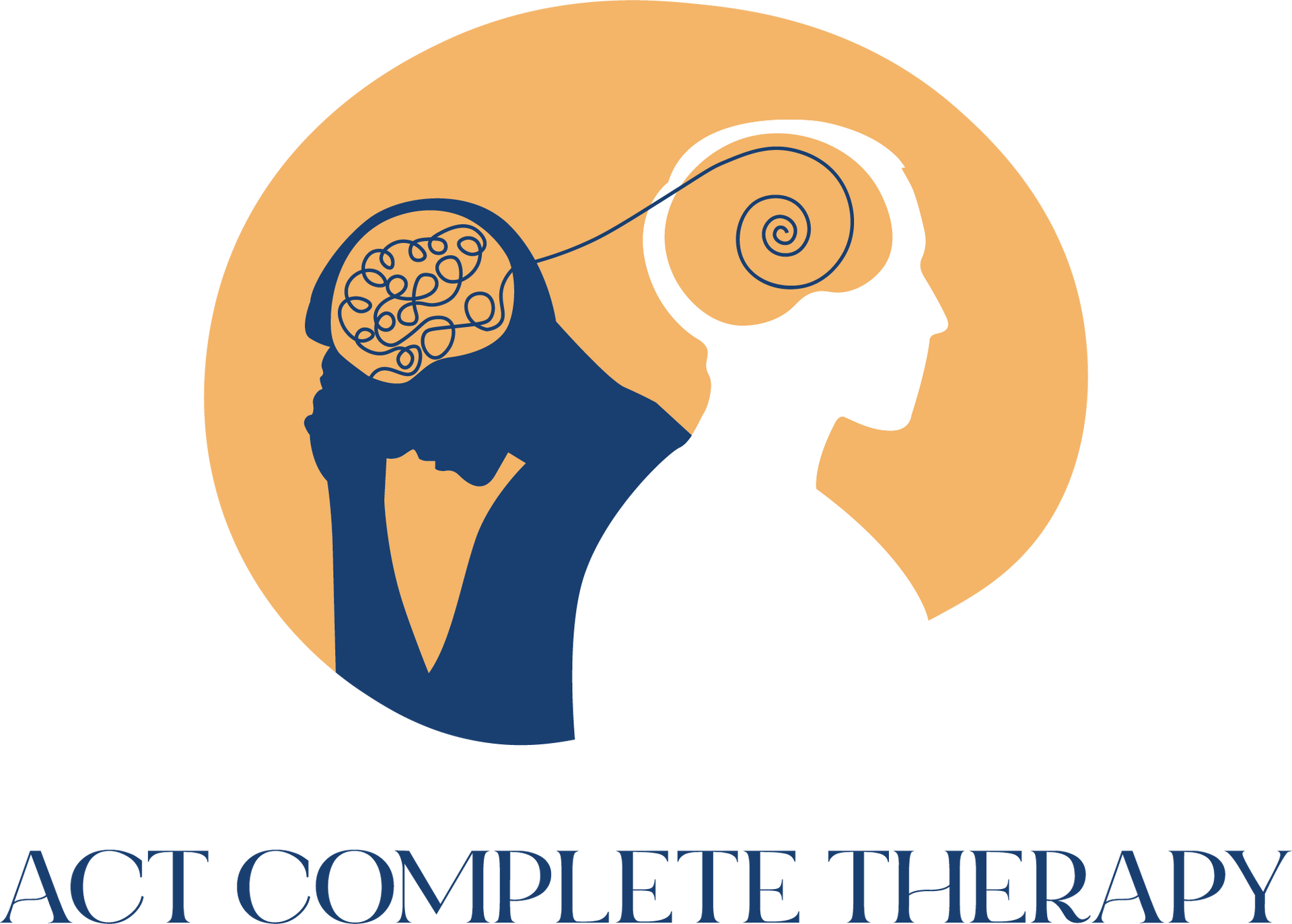Need Help?
Call 0461 517 785

It creeps up on you, that feeling. At first it can be a lacking a bit of energy, it can be not as committed to a hobby or catching up with friends. So how did it go from that to this? How did it go from finding it a little harder to struggling to get out of bed each morning and not having any drive to do the things you use to love doing? It creeps up on you, it’s insidious and at times feels inescapable. So what is it? Why am I feeling like this?
In today’s fast-paced, demanding world, it’s not unusual to feel like daily life is getting harder. Whether it’s due to work pressure, emotional fatigue, or the invisible weight of uncertainty, more people are reaching out for support and asking, “Why am I struggling to cope with things that once felt manageable?”
At ACT Complete Therapy in Canberra, we hear this question often—and you’re not alone. In this blog, we explore the most common reasons daily life can feel overwhelming and offer some practical steps for finding balance again.
1. The Silent Struggle
Mental health conditions such as anxiety and depression are among the leading reasons people find daily life increasingly difficult. It’s no secret that people experiencing some form of anxiety is growing each year. In recent studies more than a quarter of women (27 per cent) and about 15 per cent of men under 35 now report they are living with a diagnosed depression or anxiety condition. This is a common trend through all age groups and has only increased since COVID. These conditions affect how you think, feel and often perceive the world.
Symptoms may include:
Even seemingly minor tasks can feel insurmountable when you're dealing with a mental health condition. Acknowledging these feelings and seeking professional support is the first step toward healing.
2. Chronic Stress: The Slow Burn
Unlike acute stress, which is short-lived and sometimes helpful, chronic stress is ongoing and can erode your energy, motivation, and zest over time.
Common causes include:
Chronic stress affects both your physical and mental well-being. You may feel constantly tired, irritated, or emotionally detached. Ignoring these signs can lead to burnout.
3. Financial Stress: The Hidden Weight
Financial pressure is one of the most common yet least talked about stressors in adulthood. Whether you’re trying to pay off debt, navigate inflation, or save for your future, money worries can create persistent anxiety.
Signs of financial stress include:
Financial concerns are directly linked to poor mental health. They may even trigger anxiety or depressive symptoms, making everyday decisions feel harder.
At ACT Complete Therapy, we understand that emotional wellness doesn’t exist in a vacuum. Our therapeutic approach considers the broader context of your life, including economic pressures and practical solutions.
4. Life Transitions: When Change Feels Too Big
Even positive life changes can bring emotional upheaval. Whether you’re moving to a new city, starting a new job, becoming a parent, or ending a relationship, transitions can leave you feeling untethered and vulnerable.
Life transitions can involve:
These periods can trigger feelings of instability, loneliness, or self-doubt. While some people adapt easily, others may find the emotional demands overwhelming.
5. Uncertainty and Unresolved Trauma: Feeling Ungrounded
In uncertain times, it’s normal to feel anxious. But when uncertainty becomes chronic—whether from a global event, job instability, or a personal trauma—it can deeply impact your mental and emotional wellbeing.
Unresolved trauma (whether recent or from the past) can manifest as:
Trauma doesn’t always stem from dramatic events. Sometimes, it results from ongoing emotional neglect, childhood experiences, or repeated exposure to stress.
At ACT Complete Therapy, we integrate trauma-informed care into our sessions to ensure you feel safe, heard, and empowered as you navigate healing at your own pace.
How to start the journey of feeling better: Steps You Can Take Today
✅ 1. Identify your skills gaps that are preventing you from moving forward
Identifying where your skills are and where they are not is a key component in discovering the right course of action. For example in therapy I would ask a series of questions to determine what thoughts you are listening to more, which one are you giving more airtime to then others?
✅ 2. Practice Self-Compassion
You’re not weak for feeling this way. Remind yourself that being human includes occasionally facing hardship—and you’re allowed to seek help and speak about it.
✅ 3. Create a Daily Routine
Even a loose structure can help reduce decision fatigue and provide a sense of normalcy. Include time for rest, connection, and play.
✅ 4. Reach Out for Support
Don’t wait until things feel unmanageable. Speaking with a professional early can make a significant difference in how you cope and recover.
How ACT Complete Therapy Can Support You
Based in Canberra, ACT Complete Therapy provides individualised counselling services for people dealing with anxiety, stress, trauma, life transitions, and emotional overwhelm. We believe therapy should be approachable, collaborative, and tailored to your needs.
Final Thoughts
If life has started to feel harder than usual, it’s important to know that there’s no shame in seeking help. Whether you’re struggling with mental health, burnout, or a major life change, support is available—and healing is achievable. It’s all about creating momentum and taking those first few steps. Think about it, everything we have achieved or overcome in life has required a level of energy and action to get the ball rolling for positive change. Nothing in life stays the same, in fact you could argue the only certainty we have is uncertainly. Once we recognise this and acknowledge we can start to understand our place in the world and what we can control vs. what we can’t.


There’s no doubt that life can be difficult. Transformation begins with understanding your mind’s potential and the resources you have for change. Whether we are meeting online via Zoom or in person at my clinic in Canberra, ACT Complete Therapy is here to guide you on your journey towards positive change and a happier, more fulfilled life.
Phone: 0461 517 785
Address
Rowland House
5/10 Thesiger Court
Deakin 2600 ACT







